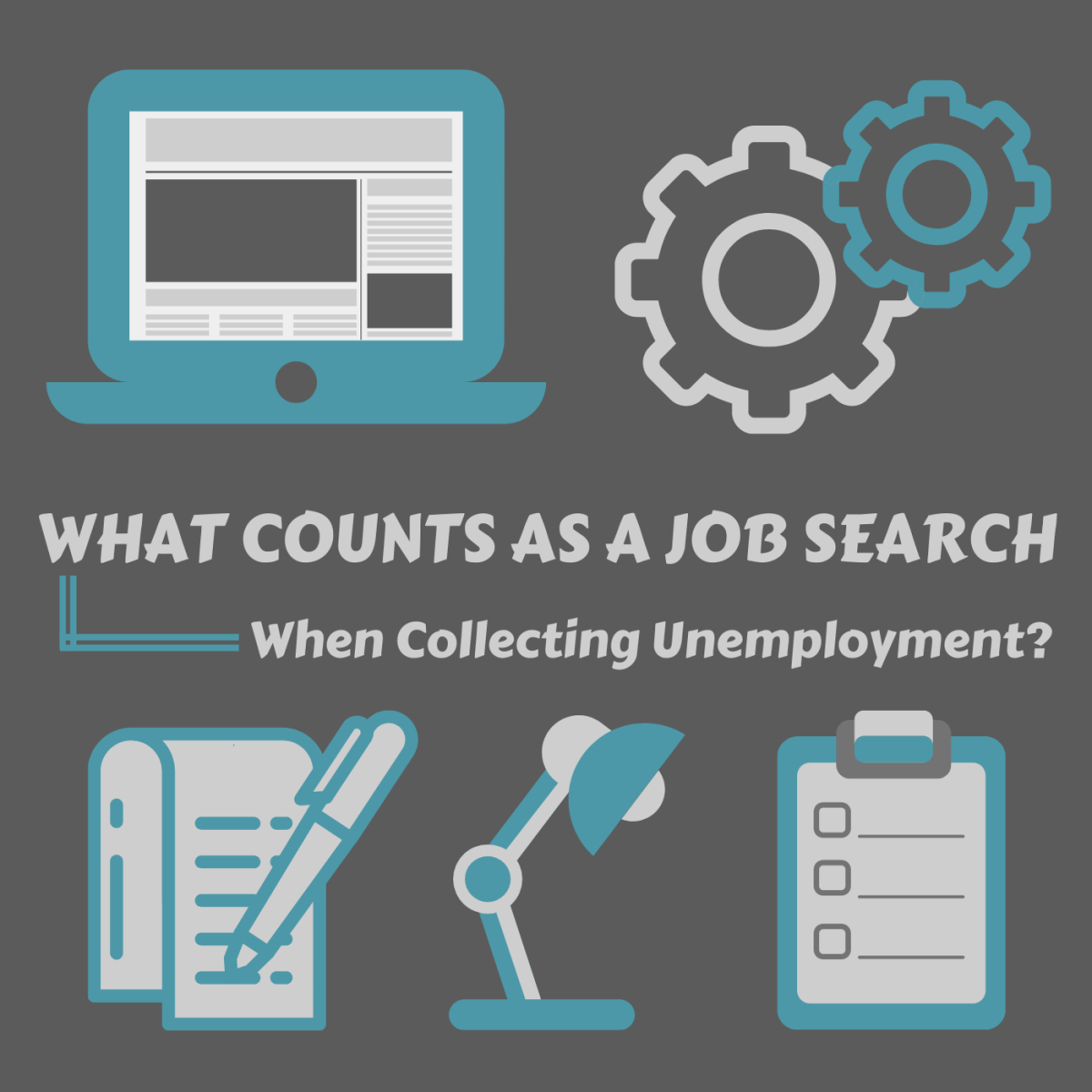Long Term Disability: Important Aspects

Long Term Disability
Many of us do not always recognize the potential danger of becoming permanently disabled. The U.S. Census says that you have about a 1 out of 5 chance of becoming disabled for at least a period of time. The average duration for a long term disability (LTD) is about a 2 ½ year absence from employment. Long Term Disability is a vital component in a financial plan to help mitigate that risk. It’s also important to understand some of the basic features before purchasing a policy.
What is Long Term Disability ??? The concept of this type of insurance is a simple one. LTD picks up your coverage where your short term coverage ends. Short term coverage will typically cover you for a period of about 3-6 months. If you are deemed to be long term disabled, most policies will typically cover replacing your income for up to 50-60% of your prior income up to certain limitations. While 60% of your income to maintain your current lifestyle may seem like a substantial reduction in income, it is a far cry from having an income of zero. Benefits will typically not be paid beyond the age of 65.
How do you buy LTD ??? One of the most common ways is through a group plan with your employer. In fact a large number of employers provide LTD insurance for free as benefit for their employees. In such cases it may make sense to buy additional supplemental insurance to bring the replacement value of your income closer to 100%. The cost of LTD insurance as part of a group plan, like most group policies is less expensive than purchasing it individually.
However there are some serious considerations that you should think about before buying a policy as part of a group plan. One such consideration is qualifying for benefits. Assuming that you are legitimately disabled and file for benefits, does not mean the insurance company will approve the claim. Unlike life insurance where death is not debatable, a disability can be disputed. In such an event where you end up in a dispute over eligibility with an insurance company this can be a long drawn out process with an employer plan. The reason is that group insurance is regulated under the Employee Retirement Income Savings Act (ERISA). If you feel you are not receiving the benefits that you are entitled to, you may wish you take legal action against the insurer. In such an event this is a matter of Federal Law. According to ERISA, before than can be a Federal lawsuit you must first “exhaust all administrative remedies”. This means you have 180 days to appeal a denial. The insurance company can wait another 90 days to respond. The whole time you are potentially without income. Furthermore under ERISA, the insurance company has what is known as discretion to administer their own policies. This means you must show that the insurer abused their discretion. Most attorneys will tell you that this is a fairly tough standard to meet.
After this whole process is played out, your last option is to file a federal suit in the United States district court. But under ERISA, the laws do not work the way many might envision. The cases are ruled on by a judge not a jury. Testimony by the disabled is typically NOT permitted. This can make it difficult for your attorney to make their case on your behalf. Rather the judge’s makes a decision based on briefings with the attorneys involved. All of this is a long, difficult, and cumbersome process to fight a denied claim. At a time when you are battling a disability, you can imagine how hard it might be for you to be successful. Clearly not all claims for LTD are denied by insurers. However if you are purchasing such insurance through a group policy it is important to understand what the risks are should your claim get denied.
Should you purchase LTD insurance as an individual policy you will most certainly pay a higher premium for such coverage. However, should a claim get denied and you reach the point of attempting to take legal action, this would be presided over in State court. In such a circumstance, the legal process is a much more favorable one. Most attorneys who represent clients in such cases will tell you that they will have much more latitude to make a case on your behalf and a greater chance of a successful appeal. When weighing the increased cost in premiums for buying such a policy individually, you should weigh that against the risk of a dispute.
Tax Benefits…Typically if you paid for the policy on an after tax basis, when benefits are paid they would be paid to you tax free. In most cases the opposite is true. If you paid for the benefits on a pre-tax basis you should expect the income to be taxable. Part of the reason for the taxation is that you are receiving income. Benefits are possibly paid for a few years or even to the traditional retirement age. Whereas, with most other forms of insurance like auto or homeowners you are not receiving income, but rather replacing a loss, also referred to as “making you whole”. In fact in most other claims, you are still incurring some type of loss even after the benefit is paid since there is typically a deductible to be met.
In the field of financial planning, LTD insurance is a vital form of coverage. Anyone who is not already retired should own such coverage. It’s important to understand what your policy features and benefits are and what restrictions exist. Check with your insurance agent or employer’s benefits office to find out what is available so you can decide which is the best course of action. Additionally it should be noted that there are additional resources for those whom are long term disabled. Among those are Social Security disability (SSDI). However, that is another time consuming process that requires you to be disabled for quite awhile before you qualify. Should you qualify for SSDI, you can be almost assured the your claim for your long term disability policy will be approved. Yet the inverse is not so certain. SSDI is a bit harder to qualify for benefits. Lastly, SSDI on it's own is not likely to be enough of a suitable income replacement.
Suggested Reading
- Should I Pay off My Mortgage Early ???
For many Americans, the ability to pay down their mortgage sooner is simply not realistic. However in some cases it is quite possible. The Question of whether or not you should accelerate mortgage payments or use liquid cash to cover eliminate the... - The Impact of Retirement Distributions in Volatile M...
Over the last fifteen years in the financial planning field, the most commonly expressed concern I have heard from a retiree/pending retiree has been…Will I run out of money ??? When examining this question there are many variables to be concerned... - ETF's vs Closed-End Funds ???
The difference between a traditional exchange traded fund (ETF) and an actively managed closed end fund are several. However, there are certain basic features that one should understand before utilizing these solutions as investment options. The... - Should I Buy an Annuity...What You Need To Know
What is an annuity ??? Annuities can generally be summarized as two basic types of insurance contracts. They are either immediate or deferred annuities. Over the years these two types of contracts have been expanded to encompass many different... - Understanding the Estate Tax
The Estate tax at both the Federal and State level is fairly complex topic. For the sake of this discussion, I will take a look at some fairly basic aspects that all Americans who have saved for retirement should be aware of to some extent. First... - Passive vs Active Management…The Case for ETF’s
There has been an ongoing debate for decades about the benefits of actively managed mutual funds versus their passive counterparts. Those counterparts would be the exchange traded fund market (ETF’s) as well as traditional index funds. Those in... - What should your Financial Advisor ask you ???
Often we read articles & commentary about what to ask your financial advisor. But what should your financial advisor be asking you. Often times that alone can tell you whether or not you are engaged in a financial advisory relationship that is in - Bonds vs Bond Funds ???
While over the years the community of investment professionals nearly universally agree that most every client should own some form and percentage of fixed income as part of their asset allocation strategy…Over the years there has been an ongoing... - Should You Buy A Long Term Care Insurance Policy ???
The topic of Long Term Care insurance is somewhat controversial. More so than most other solutions, the debate as to whether you should own such coverage is somewhat questionable. Like most solutions, this should be addressed on a case by case... - What Type Of Life Insurance Should You Buy ??? What...
What type of insurance in most suitable ??? The question of what type of life insurance is most suitable, typically has to do with factors pertaining to an individuals net worth. The first thing one should keep in mind in all forms of insurance is... - The Case for Alternative Investment Strategies
One of the lessons of 2008, and even the more recent market volatility is that portfolio management has become more dynamic. Traditional asset allocation models of equities, fixed income, and cash equivalents may not be sufficient for more growth... - The Importance of Asset Allocation
When building and investment strategy we often hear the term “diversification” Yet and equally important concept is “Asset Allocation” It has been shown via numerous studies that the proper allocation can account for better than 90% of long... - Should I Pay off My Mortgage Early ???
For many Americans, the ability to pay down their mortgage sooner is simply not realistic. However in some cases it is quite possible. The Question of whether or not you should accelerate mortgage payments or use liquid cash to cover eliminate the... - The Impact of Retirement Distributions in Volatile M...
Over the last fifteen years in the financial planning field, the most commonly expressed concern I have heard from a retiree/pending retiree has been…Will I run out of money ??? When examining this question there are many variables to be concerned... - ETF's vs Closed-End Funds ???
The difference between a traditional exchange traded fund (ETF) and an actively managed closed end fund are several. However, there are certain basic features that one should understand before utilizing these solutions as investment options. The... - Should I Buy an Annuity...What You Need To Know
What is an annuity ??? Annuities can generally be summarized as two basic types of insurance contracts. They are either immediate or deferred annuities. Over the years these two types of contracts have been expanded to encompass many different... - Understanding the Estate Tax
The Estate tax at both the Federal and State level is fairly complex topic. For the sake of this discussion, I will take a look at some fairly basic aspects that all Americans who have saved for retirement should be aware of to some extent. First... - Passive vs Active Management…The Case for ETF’s
There has been an ongoing debate for decades about the benefits of actively managed mutual funds versus their passive counterparts. Those counterparts would be the exchange traded fund market (ETF’s) as well as traditional index funds. Those in... - What should your Financial Advisor ask you ???
Often we read articles & commentary about what to ask your financial advisor. But what should your financial advisor be asking you. Often times that alone can tell you whether or not you are engaged in a financial advisory relationship that is in - Bonds vs Bond Funds ???
While over the years the community of investment professionals nearly universally agree that most every client should own some form and percentage of fixed income as part of their asset allocation strategy…Over the years there has been an ongoing...










